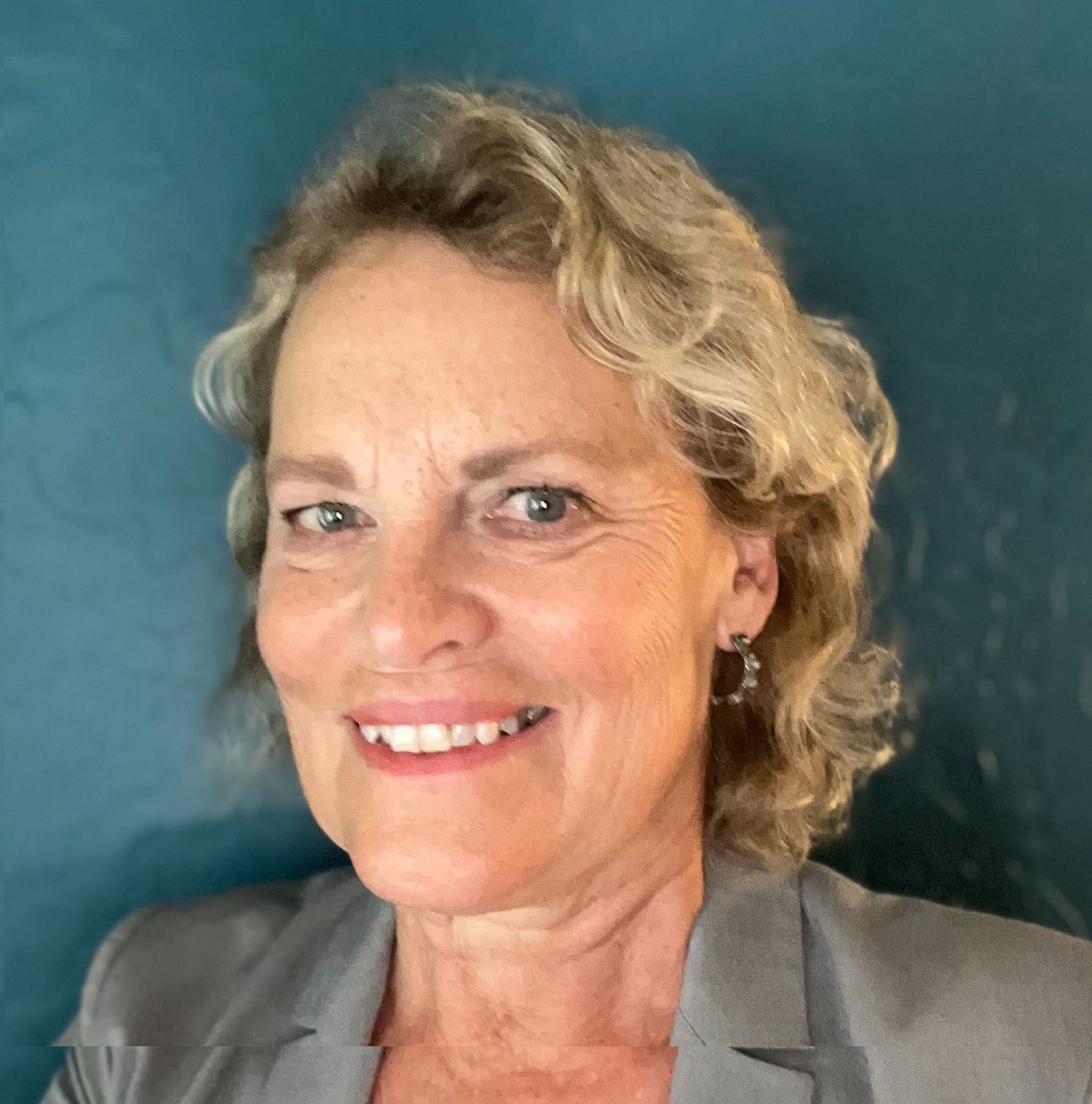Story
Every day, more people are recognizing sustainability as an essential part of a thriving global future, looking to innovative solutions to meet the most pressing challenges of our time. As a Foundation Professor in the School of Sustainability and Senior Global Futures Scientist in the Julie Ann Wrigley Global Futures Laboratory, Stephanie Pfirman understands the power of engaging learning to inspire the positive actions and solutions of tomorrow. This has been the heart of Kahoot!’s collaboration with ASU, beginning in 2019. However, our work with Stephanie started even earlier, all the way on the other side of the United States.
“I was working with the Norwegian Consulate General in New York City on some public outreach programs related to the polar regions, and they told me about Kahoot!,” said Stephanie. “Together with the Kahoot! team, we decided to do a campaign focused on climate change sponsored by Columbia University and the U.S. National Oceanic and Atmospheric Administration. Later, once I moved to Arizona State University, we did another campaign, focused on sustainability and global futures, this time working together with ASU students in a workshop class.”
One of Stephanie’s key areas of inquiry at ASU was sustainability literacy, wanting to look deeper into how much people know about sustainability, as well as her continued goal to inspire learners to expand their knowledge and help build a brighter, more equitable future. After the success of Stephanie’s first campaign with Kahoot!—now with 2.5 million non-unique participants—she decided to lead ASU in a new collaboration, and the results did not disappoint.
In April 2019, ASU launched its “Sustainable Futures” collection, a series of nine kahoots created by Stephanie’s students exploring topics from energy to green city design, food systems, water and more. The kahoots have since been hosted over 400,000 times, with more than 1 million participants (non-unique) from all over the world.


